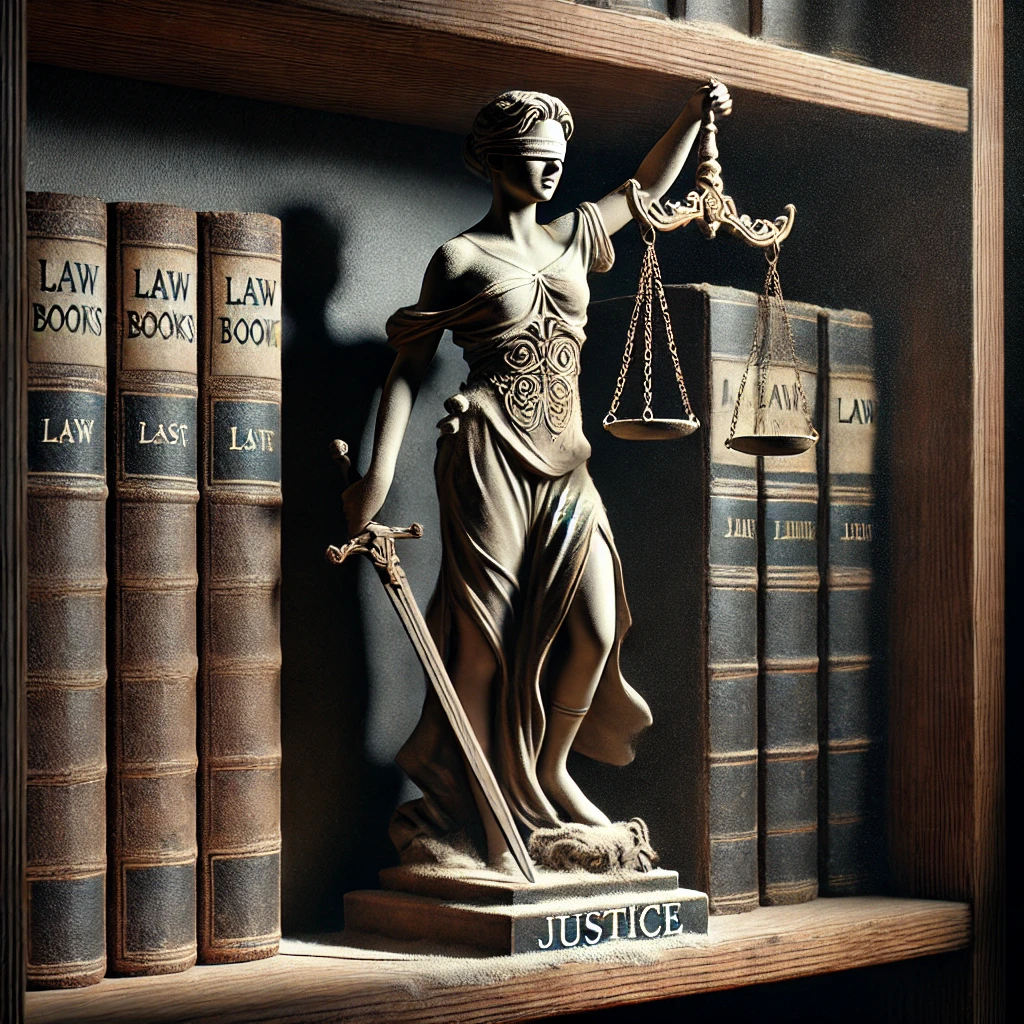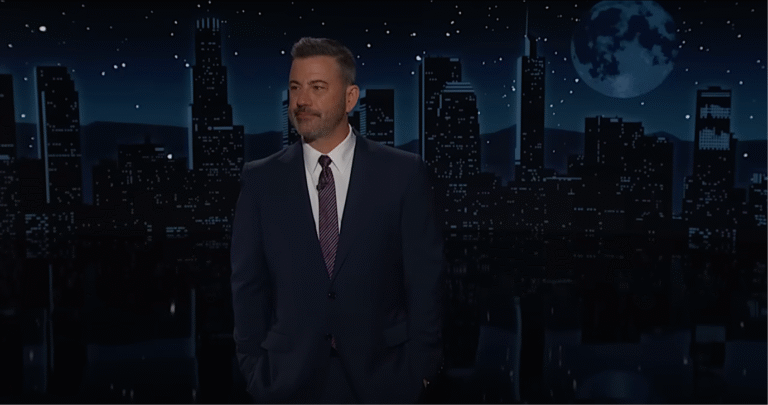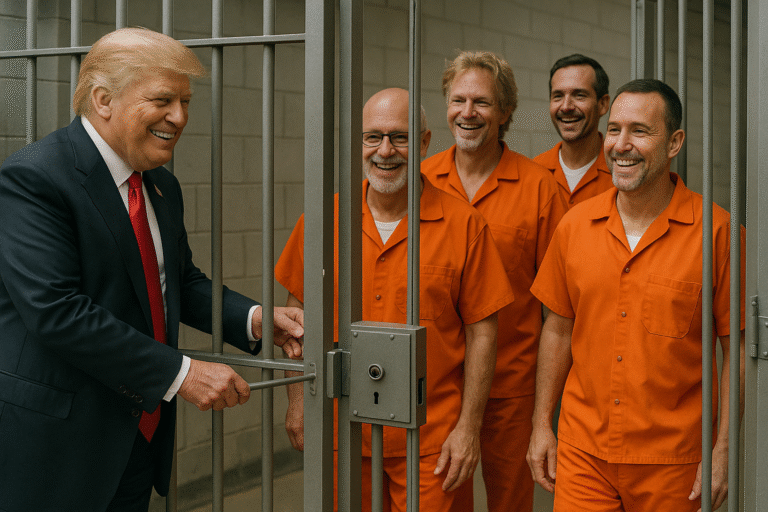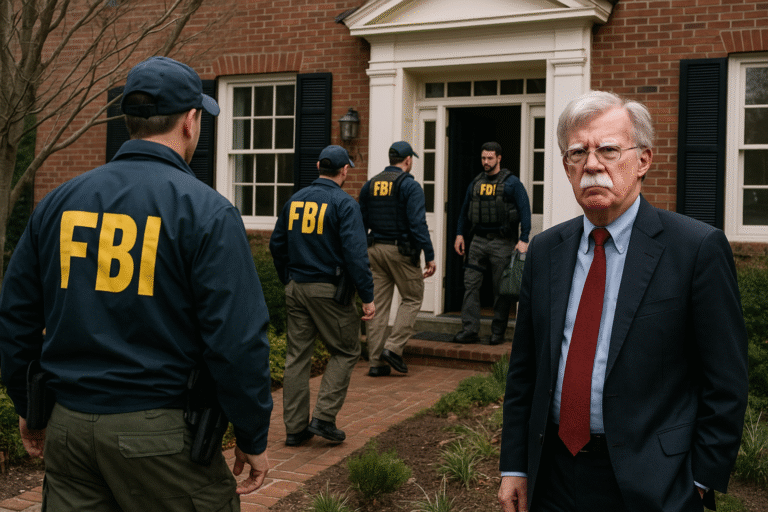DOJ’s “Thanks, But Not Right Now” Policy: The Great Presidential Protection Plan

In what feels like déjà vu all over again, the Department of Justice (DOJ) is gearing up to shelve the criminal cases against President-elect Donald Trump. The move aligns with a steadfast DOJ policy dating back to Watergate-era sensibilities, which insists a sitting president should be shielded from prosecution to avoid unnecessary distractions in the Oval Office. You know, because running the country and defending oneself against federal indictments apparently don’t mix.
Policy First, Prosecution Later: DOJ’s Unwavering Dedication to Decades-Old Memos
DOJ officials, seemingly uninterested in altering course, point to a dusty memo from 2000 that reaffirms this golden rule. Authored by the Office of Legal Counsel, it says that criminal charges would “unduly interfere” with presidential duties. The message is clear: a sitting president, no matter the controversies or crimes alleged, should be safeguarded from prosecution. And since Trump will soon re-join the executive branch, DOJ officials see no sense in pressing forward with cases that could be left hanging at the Supreme Court anyway.
Special Counsel Jack Smith: Breaking the Mold Until the Calendar Won
For those watching closely, Special Counsel Jack Smith’s pre-election vigor in pursuing Trump may have suggested an altogether different DOJ approach. Smith, who was laser-focused on the election interference case, charged ahead despite the ticking political clock. But now that Trump is set to take office again, it seems the DOJ has switched from full throttle to the all-too-familiar “pause” mode, honoring that cherished 2000 memo.
Chuck Rosenberg Chimes In: “Sensible, Inevitable, and Unfortunate”
Former federal prosecutor and NBC News contributor Chuck Rosenberg dubbed the DOJ’s decision “sensible, inevitable, and unfortunate,” a trifecta that perfectly captures the DOJ’s knack for blending policy adherence with frustrating delays. While it’s “sensible” to honor DOJ tradition and “inevitable” given Trump’s pending inauguration, the unfortunate side effect is a justice system that seems to apply to everyone—except those with a presidential pardon already written into their future.
The DOJ’s Own Handcuffs: Why Even The Justice Department Can’t Prosecute Presidents
With the 2000 memo casting a long shadow over the DOJ’s prosecutorial decisions, one might wonder if justice and presidential immunity are now mutually exclusive. The memo quotes the conclusion from the Nixon era: “an impeachment proceeding is the only appropriate way to deal with a President while in office.” Translation? DOJ is effectively self-restricted, entrusting any form of presidential accountability to Congress, who can take it from here (if they ever decide to).
High Hopes and Cold Realities: DOJ’s Concession to Legal Deadlock
The cases against Trump aren’t going away—they’re just going into a politically induced deep freeze. In the DOJ’s view, even a courtroom victory would only yield appeals and possible Supreme Court rulings, given the tangled legal issues in both the Jan. 6 and classified documents cases. For now, the legal cases will cool in the metaphorical freezer, ready to thaw when Trump’s term ends or a constitutional change appears from thin air.
A Tale as Old as Time: Presidential Immunity Strikes Again
So here we are, watching the DOJ sideline itself and the court of public opinion, once again, waits. One thing is clear: DOJ’s time-tested rulebook still holds, with a president poised for immunity and prosecutions locked in limbo. As America’s legal eyes turn to Congress, the nation gets another front-row seat to the unchanging drama of presidential immunity—complete with re-runs and an ironic twist of “law and order.”








